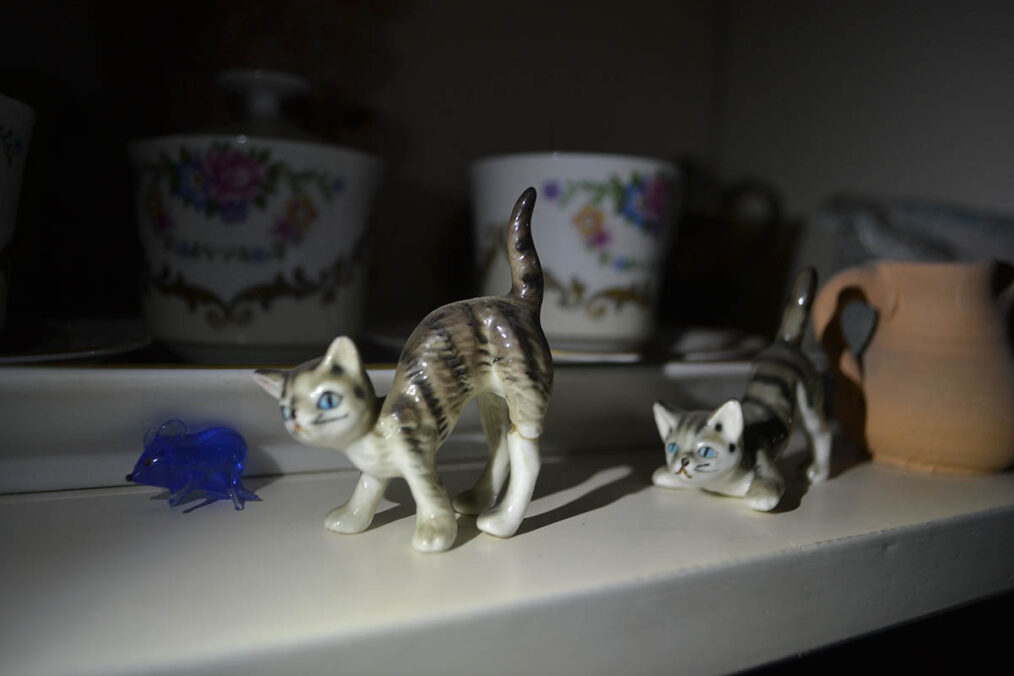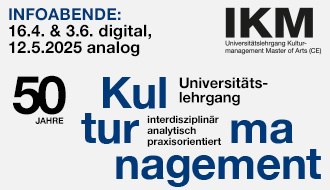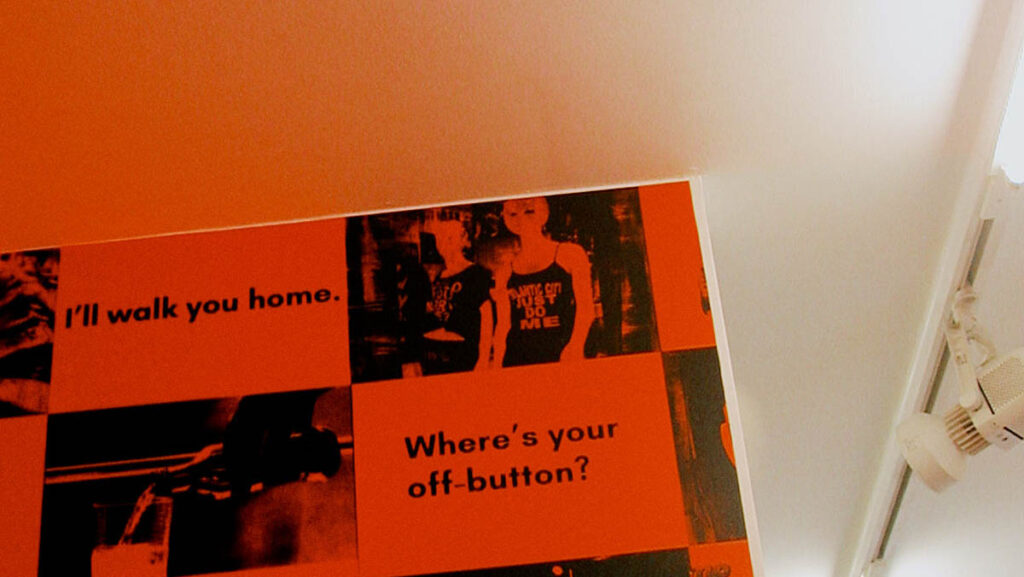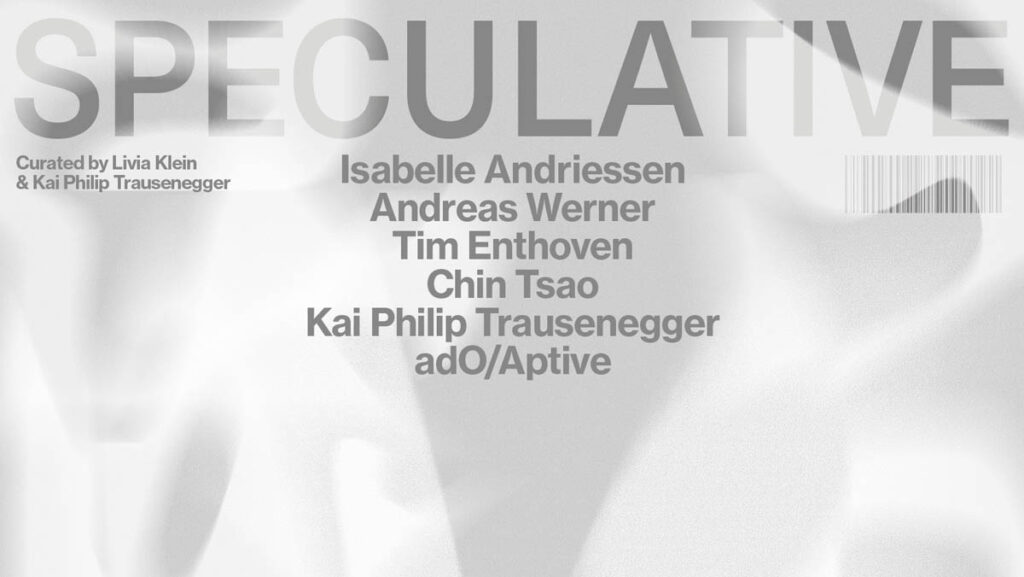
The exhibition includes works created between 2021 and 2023 and focuses on some of the themes that have long been central to the artist’s research, first and foremost feminism mediated through a poetic and existential language. Sentinella, a che punto è la notte? [Watchman, what of the night?] is a sentence that has been borrowed several times over the centuries, but appears for the first time in the Bible, among the pages credited to the prophet Isaiah. Many interpretations have been given to this beautiful expression that leaves us wondering about its deepest meaning, and perhaps for this reason many have made it their own. The reflection that moves Maria Adele Del Vecchio is precisely the feeling associated with the “night.” How do you actually recount, interpret the night? How do you define it? The night can be many things, an immense yet uncertain concept, a plethora of meanings, feelings and images.
“The night is too long, timeless, endless” as Peppino Impastato wrote. For Maria Adele Del Vecchio the night is a harbinger of change, and at the same time, it is also a moment of suspension and impasse. We are living yet another historic transition and what we have lived and are living has finally become clearer, but of course we do not know what the future holds and we can only imagine it. And it is precisely the imagination that finds its solace in the night and that determines the question that gives the title to the exhibition and the installation: in that long moment in which we can observe the cosmos, once again determining suggestions of a “confessional nature” as is happening more and more often in Del Vecchio’s practice.
The unveiling of a certain intimacy, of a familiar lexicon, of that nostalgia that starts besetting anyone from a certain point on in life, when we begin to lose the past, dragging ourselves into fear for the future; all of this can be found in a series of photographs entitled Untitled (Nosferatu) in which shadow and light form the background of objects: knick-knacks, small porcelain or iron statues, cups, cutlery and books, collected and kept for years and yet exhibited for a fixed term, that of a lifetime.
Through these objects the artist finds and talks about her mother and father. These images represent a way of arranging the house, perhaps now outdated, but which, being common among many households, remains clearly recognizable.
Maria Adele Del Vecchio devotes this moment to the creativity of the domestic environment, making a small space become a large universe through which to think, imagine and dream. The objects represented in the photos are like watchmen that go through time and define it in the area of remembrance and nostalgia. The exhibition also includes a collage on mirror in which the image of a landscape creeps in front of the viewer by fitting into the previously scratched back surface. The landscape is captured in a suspended moment in which the light of the day and that of the night merge, leaving us in an in-between and hesitant scenario.
“It so happens that this biblical question has the value, in my opinion, of guaranteeing one’s survival, of confirming the existence of natural cycles, stating the fertile vastness of the night, a friend of the stars.” – Maria Adele Del Vecchio
Exhibition: Maria Adele Del Vecchio, Sentinella, a che punto é la notte? [Watchman, what of the night?]
Exhibition duration: 18.02.2023 to 15.04.2023
LNR Interview with Maria Adele Del Vecchio
Address and contact:
Galleria Tiziana Di Caro
Piazzetta Nilo, 7, 80134 Napoli
www.tizianadicaro.it
Maria Adele Del Vecchio was born in 1976 in Caserta (IT). She attended the Staedelschule Frankfurt in 2005/06. In 2014, she was shortlisted at Furla Prize, called The Nude Prize. Her practice involves installation, sculpture, photography, and video. The work of Maria Adele Del Vecchio is heterogeneous, as are the themes she deals with, from politics, to history, from literature, to sociology, but all connected by a common principle: to overcome the tendency to mass hypnosis, cancelling those automations that alter the behaviour of the human being.





